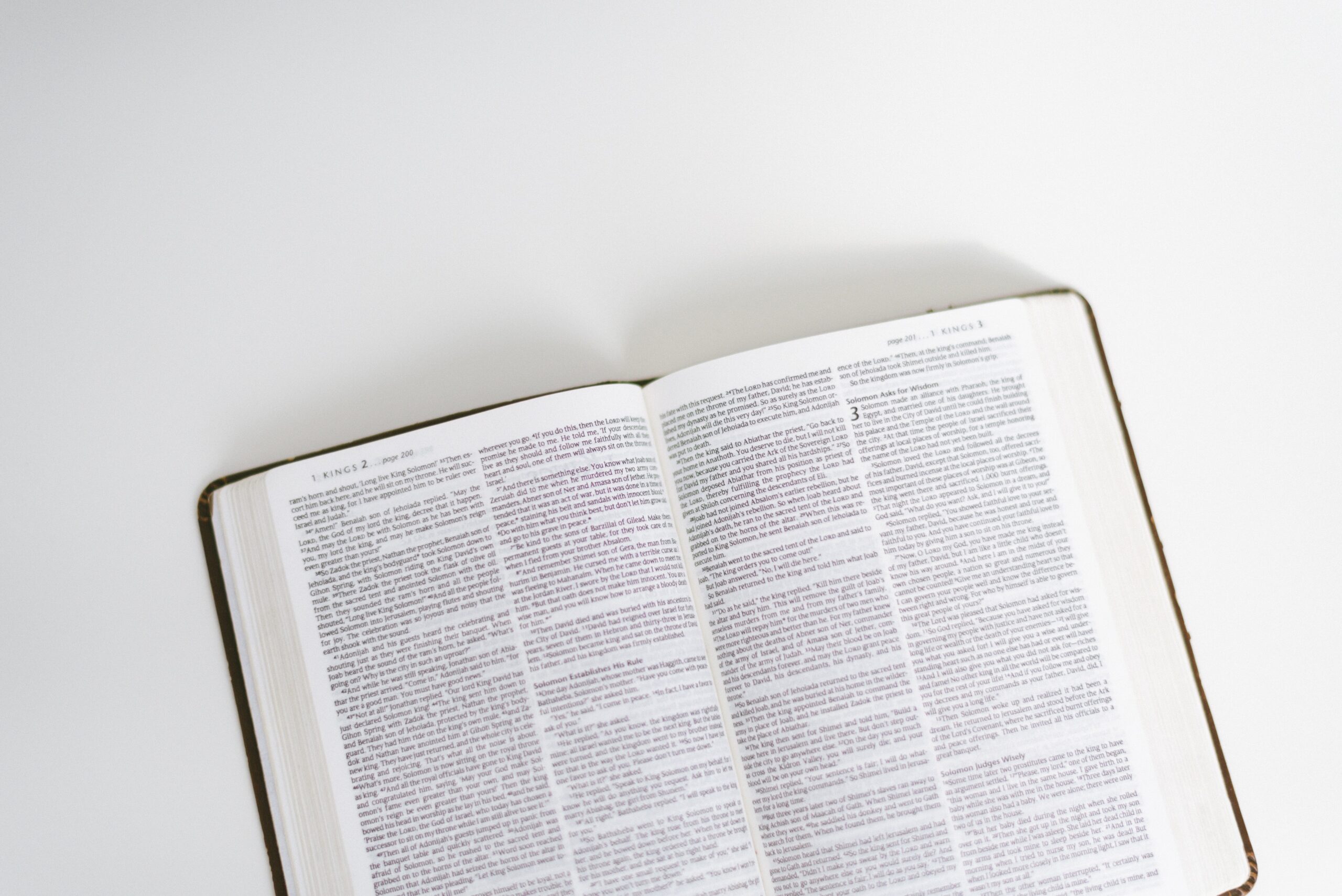
10 Apr How To Help Your Members Discover the Power of Place By Daniel Grothe
I’m a Tulsa, Oklahoma, boy, but I grew up going to Idaho during the summer months. My grandparents had a farm in Idaho right on Snake River. Lois and Clark stayed on their land as they were heading west. When I’d go out there, my Grandpa Dan would let me ride in the back of the tractor with him and catch the sod and stack it on pallets. Then we’d go get the flat bed truck and put the pallets on it and deliver it. I’d work the land with my grandpa and help him build a dam in the creek so we could irrigate the land. It was there that I learned to pay attention to the land.
I went to seminary around twelve years ago. While I was there, I started noticing the vows the saints of old were called to talk about. Many of them are obvious: the vow of chastity with your sexuality, for one. Your body is not your own; you were bought with a price and should honor God with your body. Other obvious ones are the vow of charity with your money and the vow of obedience to Scripture. But I learned at seminary that the very first vow the saints of old were called to take was the vow of stability and place. That tipped me on my ear. I wasn’t ready for that! Essentially, it meant that you should find your place, find your people, and try to die there. Don’t run around. Don’t be unfaithful. Don’t assume the grass is greener. Pick your spot, work that soil, and die and old person fruitful in the Kingdom of God.
As this vow of stability and place marinated in my mind, it mixed with my experiences on my grandfather’s farm and developed in to a book called “The Power of Place.” I’d like to share a little bit on this topic with you today, if you will let me.
As a pastor, I’ve seen time and time again that many people live with heartache. They feel the separation from God, the “againstness” of this world. It’s as though we are exiled here, driven out of paradise as Adam and Eve were from Eden and facing brotherly opposition as Cain and Abel. This curse dating back to the Garden drives us from our most important people and our most important places. It leaves us homesick for heaven, longing for things to be made right. No more suffering, no more mourning, no more sorrow, no more death, no more tears. To me, this is the great gift the church gives the world.
The psalmist says in Psalm 68:8 that God will be a Father to the fatherless and a defender of widows. He is the Go who sets the lonely into families. The church is this home on our way to our eternal home, and we can help re-family a broken world and bring the lonely into the body of Christ. We do this by gathering together.
The Bible tells us the Word became flesh and dwelt among us. Just as Jesus was with His disciples, the Word, the Bible, has been given to the body of Christ, the church, in a sense dwelling with us still. Digital tools like livestream, while helpful especially to the sick and shut-in, are not a replacement for the the sense of belonging that an individual will experience in direct contact with others through the assembly of church. We are called to gather together. We are called to have a rhythm and routine of discipleship.
We have a large church. It is about 14,000 members broken up into 8 congregations throughout our growing city. For whatever reason, people keep coming. We don’t spend any money on marketing, but as the city grows, the church grows.
Our main building is pretty large. You could get lost in it, so we created “section communities” of about 200 seats each. Our members feel like they’re in small churches within a large church. There’s a leader for each section, and there are community hosts in each section. Once a month, there is a potluck after each service for each section. Our volunteer leaders go about their section communities and get to know people, inviting them to the potluck and following up with them. When they hear of an issue in someone’s life before I do, they jump on it, taking over food, babysitting, making hospital visits. In this way, we’ve created a church body with high engagement. They’re not looking to be entertained, to heat the Word and leave church. They’re looking to invest in each other, to grow together and become a family. It’s a joy to watch our large church become increasingly smaller as a result of our section communities.
I preached out of Romans 16 recently. It’s a long list of names, the most theologically dense tone Paul ever wrote in. He was just on fire. He could have stuck the landing with chapter 15 and dropped the mic, but what does he do? He calls out a list of names. Where do you go with this? How can you make a sermon out of this? But you know what, every church is filled with people – saints that had real names, real stories, and they marked my life just as this list of names in Romans 16 marked Paul’s life. We need to be a church that calls each other by name.
Pastor, the healthiest thing you can do for your members is to help them understand the power of stability and staying put where God has planted you. In a world of constant pew hopping, help them take a vow of stability and place. Let me encourage you to remember their need for belonging, to do everything you can to get people in the building to experience your family environment as the Word goes forth, and to help your members to invest in each other and become high engagers, learning each other’s names and life situations and stepping into them as is appropriate. Your church can have this kind of success! And when it does, that success will flow outward, revolutionizing your community and your city.




